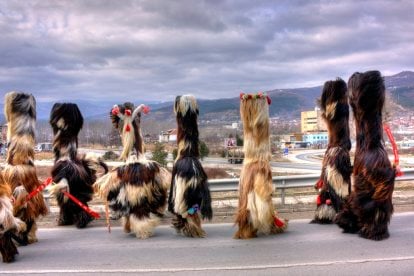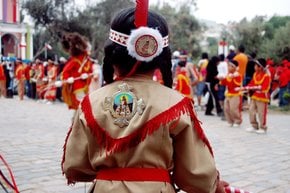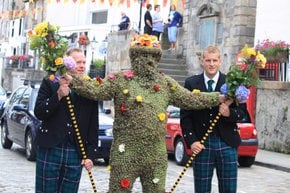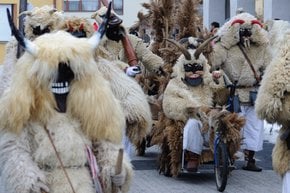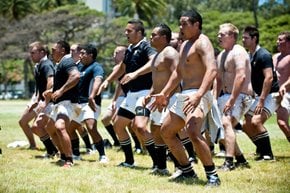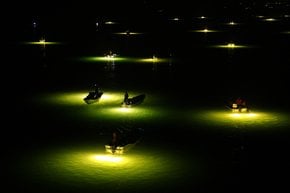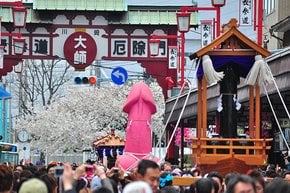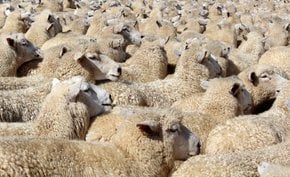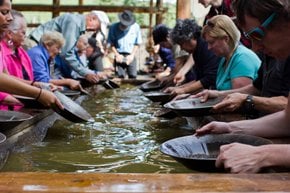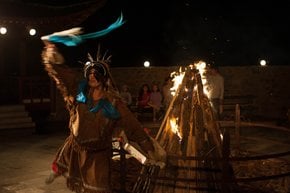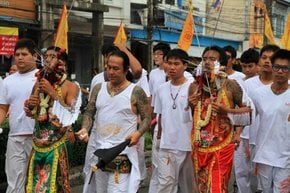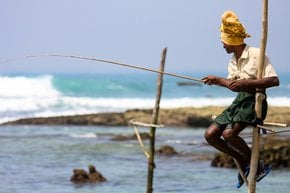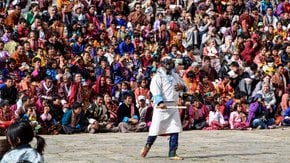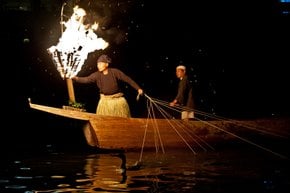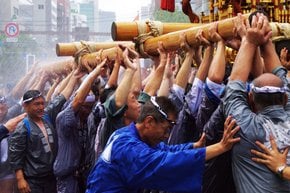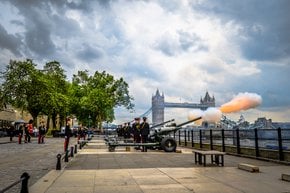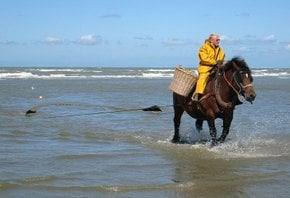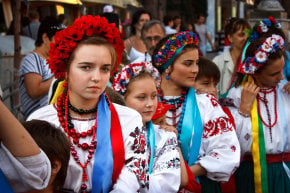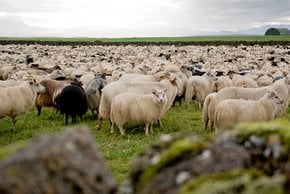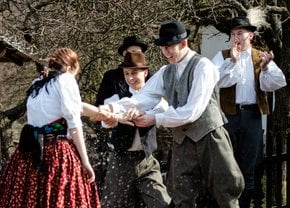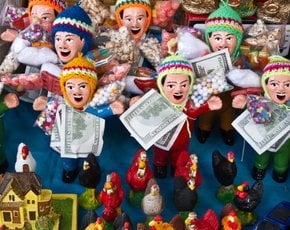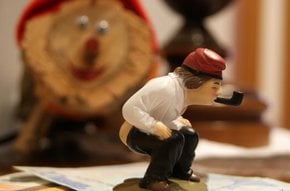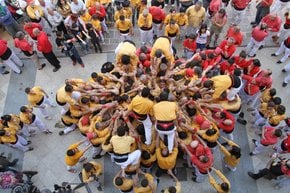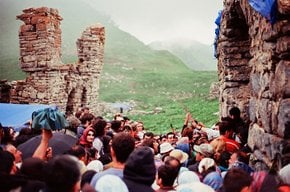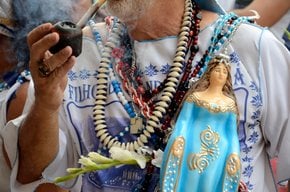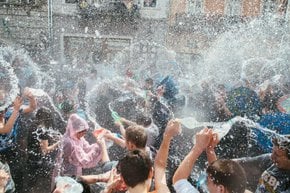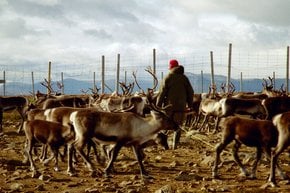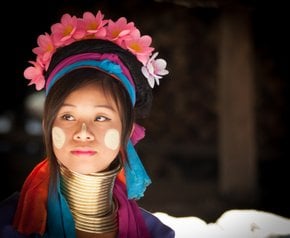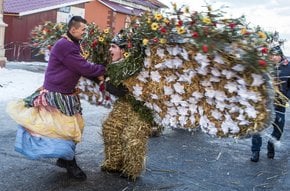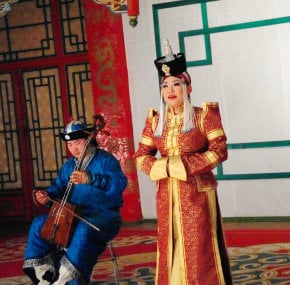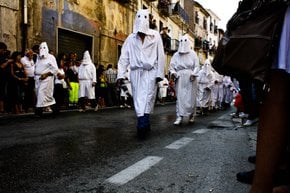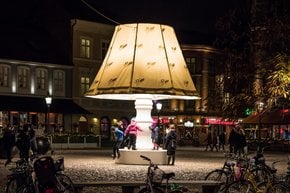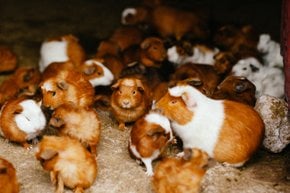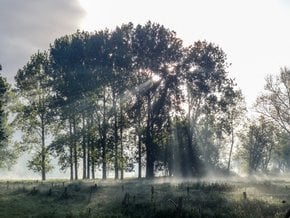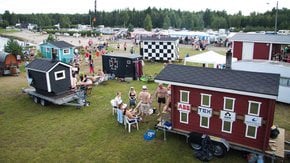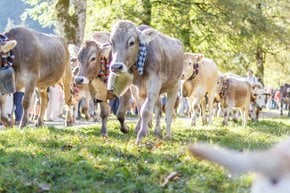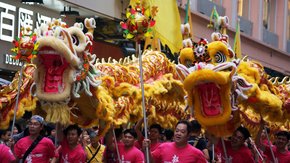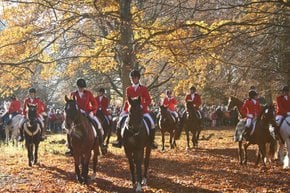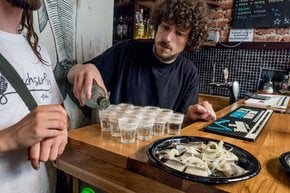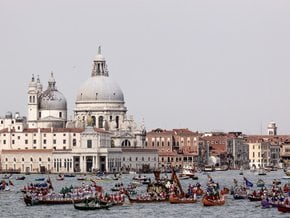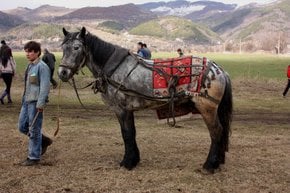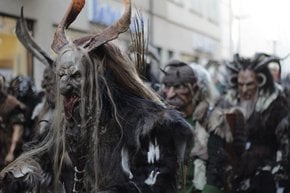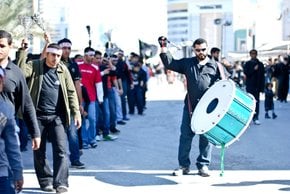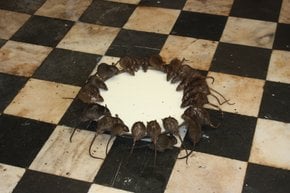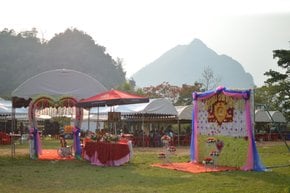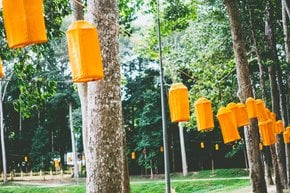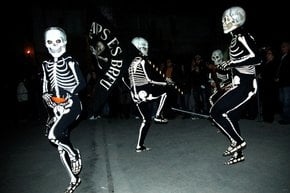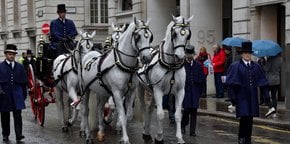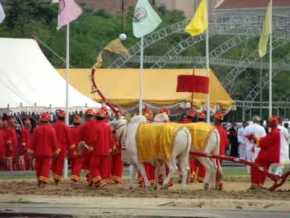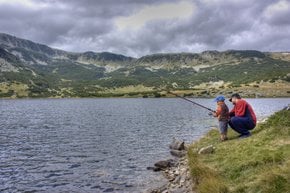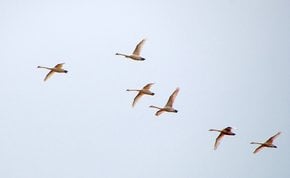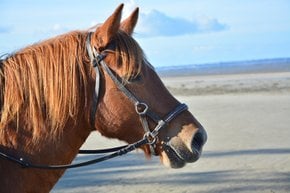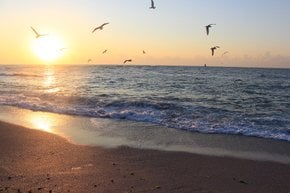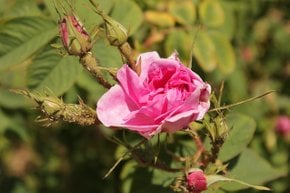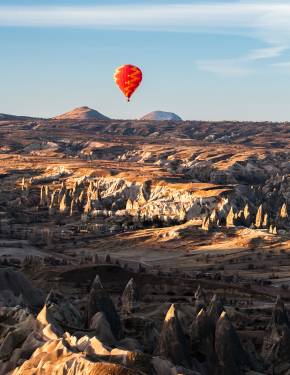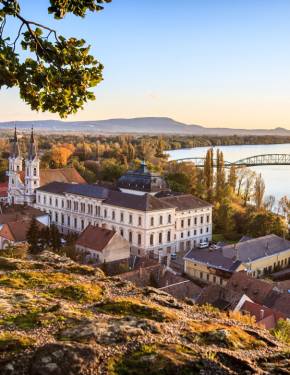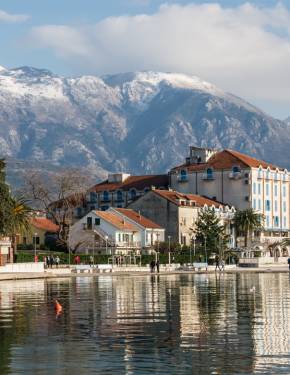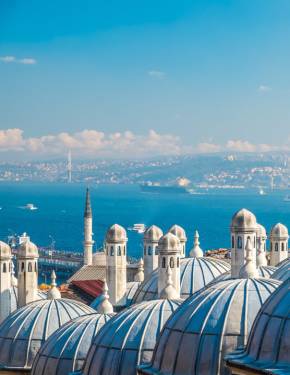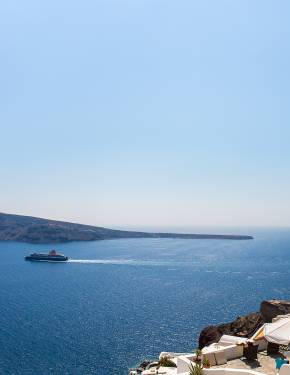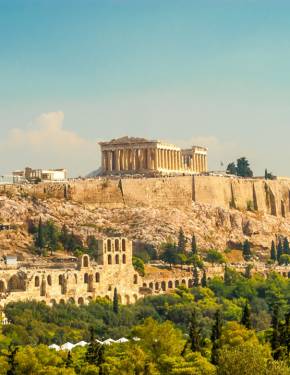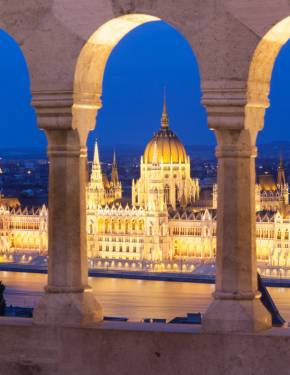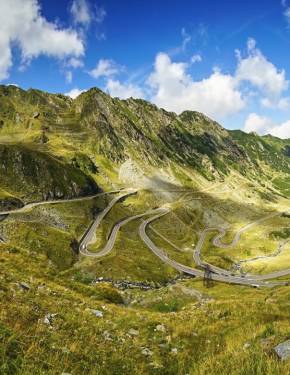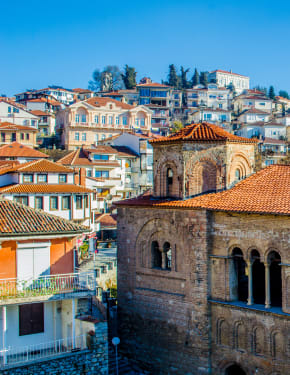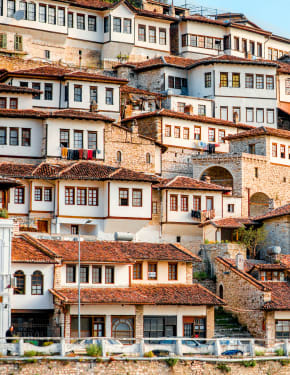Kukeri Dancers 2026 in Bulgaria
One of the oldest Bulgarian traditions dates back to Thracian times, from the 5th to 1st century BC
Dates: January–March
Every winter, groups of people in Bulragia dress up as monsters and participate in parades and various festive events. Kukeri dance, meant to drive away evil spirits, is one of the most fascinating pre-Christian rituals in Bulgaria, recognized by UNESCO.
Tradition Highlights
Kukeri is a centuries-old ritual deeply rooted in Bulgarian folklore, typically performed during the winter months, around New Year's, and throughout the carnival season. The name "Kukeri" derives from the Old Slavic word kuka, meaning an evil spirit, highlighting the tradition's focus on driving away negativity and ushering in prosperity.
Groups of Kukeri dancers, adorned in elaborate costumes and masks, parade through their villages while dancing to rhythmic beats, creating a mesmerizing spectacle. The ritual culminates in a lively gathering at the village square, where the Kukeri perform wild dances to entertain the community and reinforce the festival's festive and symbolic nature.
Costumes
Kukeri costumes are integral to the tradition, crafted to cover the dancer's entire body and made from a mix of fur, feathers, and other natural materials. These fantastical outfits include intricate masks depicting mythical creatures and belts adorned with massive metal bells, whose resounding clangs are believed to scare off evil spirits. Each costume is unique, reflecting the creativity and cultural heritage of its maker. The striking visuals, paired with the rhythmic sounds of bells and accompanying musicians, transform the ritual into a vibrant display of artistry and folklore.
Surva Festival
The largest and most prestigious Kukeri festival in Bulgaria is the International Festival of Masquerade Games, or "Surva," held annually in Pernik at the end of January. This renowned event showcases traditional masquerade customs from Bulgaria and beyond, featuring ancient rituals preserved as part of the nation's rich folklore heritage.
"Surva" serves as a vibrant meeting point for Kukeri and similar performers such as Survakari, Babugeri, and Jamalari, bringing together thousands of participants from all over Bulgaria's ethnographic regions, as well as international guests from Europe, Asia, and Africa. The festival combines cultural traditions with a competitive spirit, offering a platform for diverse groups to display their unique costumes, dances, and rituals.
The upcoming 2025 Surva Festival will take place from January 24 to 26.
More Places to Witness the Ritual
Kukeri costumes and dances can also be seen during Masquerades in Simitli and Ravno Pole in mid-January. Blagoevgrad province is rich in kukeri traditions, and many villages have parades during January. Kukove Festival in Rakovski, Kukerlandia in Yambol, and Pokladi in Momin Prohod are usually held in late February or early March.

